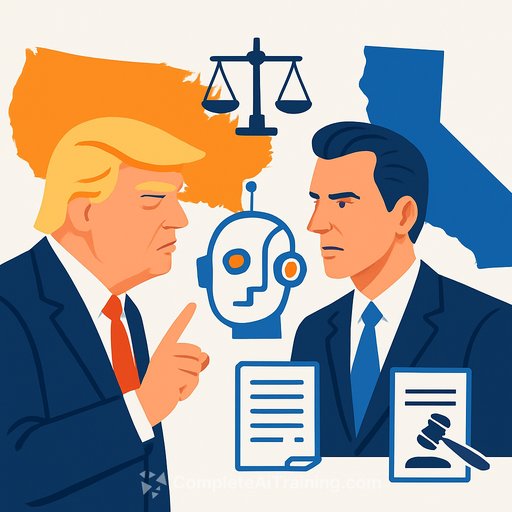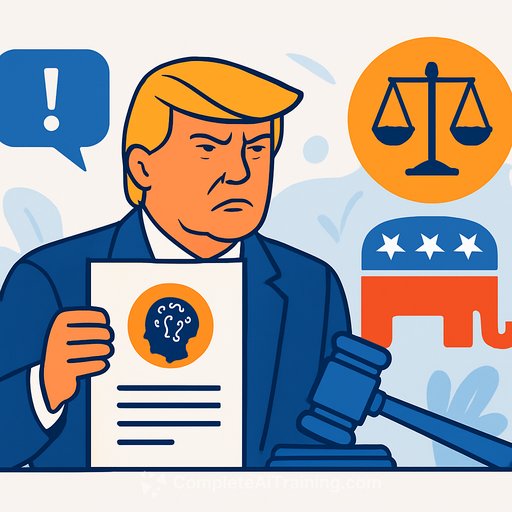Colorado Delays Implementation of Its AI Regulation Law
Colorado’s groundbreaking law regulating artificial intelligence, initially set to take effect in February, will now be postponed until May following next year’s legislative session. This change arises from ongoing negotiations among state lawmakers, influenced by feedback from the tech sector and Governor Jared Polis.
Senate Majority Leader Robert Rodriguez, the law’s author, amended his bill to delay the start date after intense discussions during a special legislative session. Rodriguez had previously opposed any postponement, concerned that delays would extend nearly two years of debate. However, he now sees a need for more time to assess how government agencies are utilizing AI.
Balancing Interests Between Regulators and Industry
The delay is considered a concession to the tech industry, which has been pushing for additional time to refine the policy. Governor Polis also supported the postponement. Rodriguez’s amended bill passed the Senate Appropriations Committee with a narrow 4-3 vote and will proceed to the full Senate for further deliberation.
Notably, Rodriguez altered the committee’s composition mid-session by increasing the Democratic majority and replacing a dissenting Democratic senator. Such changes are rare and typically avoided during ongoing sessions, highlighting the contentious nature of this legislation.
Key Provisions and Legislative Options
Senate Bill 4 proposes shifting regulatory responsibilities more onto AI developers rather than the entities deploying AI, such as schools, local governments, and law enforcement agencies. The bill has garnered support from unions and consumer advocacy organizations.
Meanwhile, an alternative bipartisan proposal, House Bill 1008, seeks to delay the law’s effective date until October 2026 without altering its provisions. It has backing from the tech sector and educational institutions but leaves the core regulatory framework unchanged. This bill remains under consideration in the House.
Industry Concerns and Political Dynamics
Many technology companies oppose the proposed changes in Senate Bill 4, debating whether to accept the original law’s implementation or risk passing the amended bill with hopes for further revisions during the regular legislative session starting in January.
When Colorado enacted the AI regulation law earlier this year, it sparked concerns about overly strict measures potentially hindering innovation. Initial efforts to amend or delay the law during the regular session failed, prompting renewed focus during the special session primarily convened to address a significant state budget shortfall.
Challenges Within the Legislature
The AI law has created divisions within the Democratic majority, complicating efforts to resolve the state’s fiscal challenges. The special session’s limited timeframe adds pressure, as extended sessions increase costs for taxpayers and inconvenience lawmakers.
Senator Judy Amabile expressed caution, warning that rushing legislation could lead to unintended consequences amid widespread disagreement among stakeholders. Others, like Senator Mike Weissman, voted to advance the bill to allow continued negotiations despite ongoing concerns.
Looking Ahead
Assuming passage of either bill, lawmakers will gain extra time during the 2025 legislative session to make further adjustments before the law becomes active. This delay aims to balance regulatory oversight with the practical realities faced by AI developers and users alike.
Legal professionals involved in AI governance should monitor these developments closely, as Colorado’s evolving framework may influence future state and federal AI policies.
For those interested in expanding their expertise in AI and its legal implications, relevant courses and certifications are available through Complete AI Training.
Your membership also unlocks:






